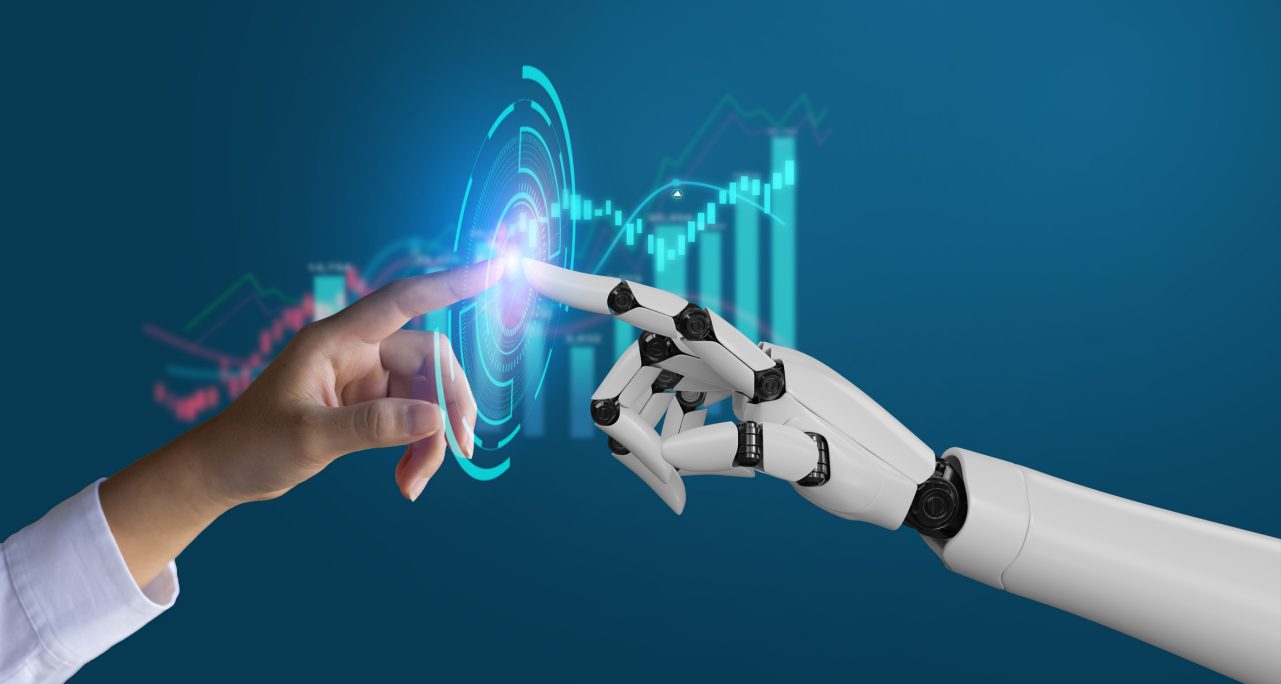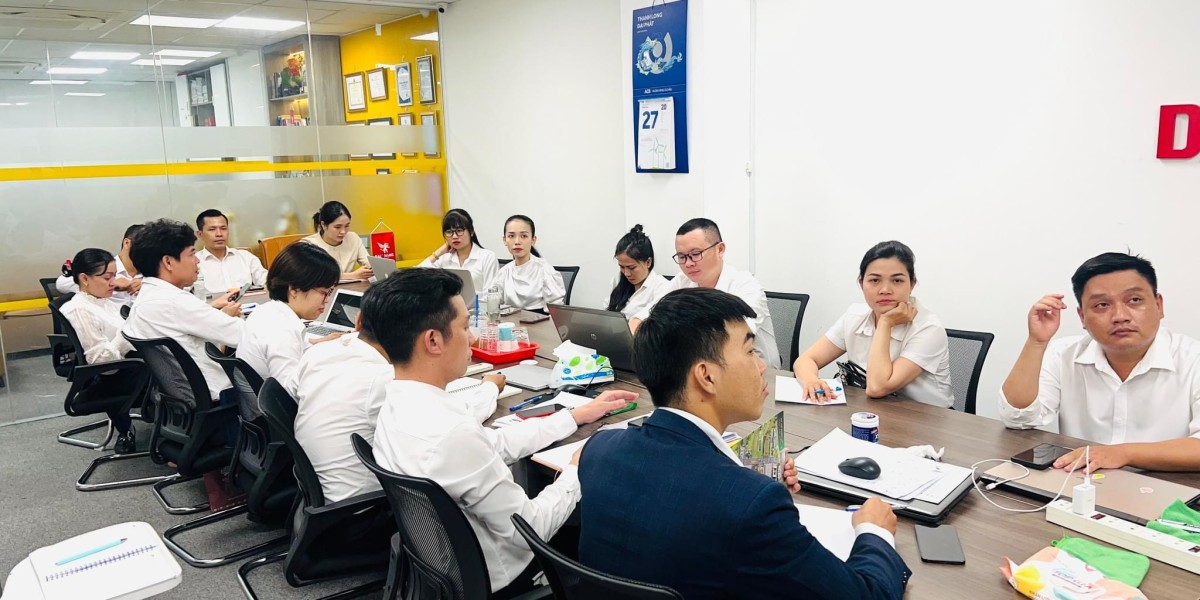Lower-cost AI tools might reshape tasks by offering more employees access to the technology.
- Companies like DeepSeek are developing low-cost AI that might assist some employees get more done.
- There might still be threats to workers if companies turn to bots for easy-to-automate jobs.
Cut-rate AI might be shaking up industry giants, but it's not likely to take your job - at least not yet.

Lower-cost methods to establishing and training expert system tools, from upstarts like China's DeepSeek to heavyweights like OpenAI, oke.zone will likely enable more individuals to acquire AI's performance superpowers, industry observers informed Business Insider.

For lots of workers stressed that robots will take their tasks, that's a welcome development. One scary prospect has actually been that discount rate AI would make it easier for companies to switch in cheap bots for expensive human beings.
Of course, that might still occur. Eventually, the innovation will likely muscle aside some entry-level workers or those whose roles mostly consist of repeated tasks that are easy to automate.
Even higher up the food cycle, staff aren't necessarily devoid of AI's reach. Salesforce CEO Marc Benioff said this month the company might not hire any software application engineers in 2025 due to the fact that the company is having a lot luck with AI representatives.
Yet, broadly, for numerous employees, lower-cost AI is likely to broaden who can access it.
As it becomes more affordable, it's much easier to integrate AI so that it ends up being "a partner rather of a danger," Sarah Wittman, an assistant professor of management at George Mason University's Costello College of Business, informed BI.
When AI's price falls, she said, "there is more of a prevalent approval of, 'Oh, this is the way we can work.'" That's a departure from the frame of mind of AI being an expensive add-on that employers may have a tough time justifying.
AI for all
Cheaper AI could benefit employees in locations of a service that typically aren't seen as direct earnings generators, Arturo Devesa, primary AI designer at the analytics and data company EXL, informed BI.
"You were not going to get a copilot, perhaps in marketing and HR, and now you do," he said.
Devesa stated the path shown by companies like DeepSeek in slashing the cost of establishing and executing big language designs alters the calculus for employers choosing where AI might settle.
That's because, for many big business, such determinations element in expense, accuracy, and koha-community.cz speed. Now, with some expenses falling, the possibilities of where AI could reveal up in an office will mushroom, Devesa stated.
It echoes the axiom that's unexpectedly all over in Silicon Valley: "As AI gets more effective and accessible, we will see its use skyrocket, turning it into a commodity we simply can't get enough of," Microsoft CEO Satya Nadella composed on X on Monday about the so-called Jevons paradox.
Devesa stated that more productive employees won't always reduce need for individuals if employers can establish new markets and new sources of profits.
Related stories
AI as a product
John Bates, cadizpedia.wikanda.es CEO of software application company SER Group, informed BI that AI is becoming a commodity much quicker than expected.
That suggests that for jobs where desk workers may need a backup or someone to double-check their work, low-cost AI may be able to step in.
"It's fantastic as the junior knowledge employee, the thing that scales a human," he stated.
Bates, a former computer system science teacher at Cambridge University, stated that even if a company currently planned to utilize AI, the minimized expenses would enhance roi.
He likewise stated that lower-priced AI could provide little and medium-sized companies simpler access to the technology.
"It's simply going to open things up to more folks," Bates said.
Employers still require people
Even with lower-cost AI, human beings will still have a place, said Yakov Filippenko, CEO and creator of Intch, which assists specialists discover part-time work.
He stated that as tech companies compete on cost and drive down the cost of AI, many companies still won't aspire to eliminate workers from every loop.
For instance, Filippenko stated business will continue to require designers since someone has to confirm that new code does what an employer desires. He said companies hire recruiters not simply to complete manual labor; employers also desire an employer's viewpoint on a candidate.
"They spend for trust," Filippenko said, referring to employers.
Mike Conover, CEO and founder of Brightwave, a research study platform that utilizes AI, told BI that an excellent chunk of what individuals carry out in desk tasks, in particular, includes tasks that could be automated.
He stated AI that's more widely available since of falling costs will permit humans' innovative capabilities to be "released up by orders of magnitude in terms of the sophistication of the problems we can solve."
Conover thinks that as prices fall, AI intelligence will also spread out to far more locations. He said it belongs to how, decades earlier, historydb.date the only motor in a car may have been under the hood. Later, forum.pinoo.com.tr as electric motors shrank, they showed up in places like rear-view mirrors.

"And now it remains in your toothbrush," Conover said.
Similarly, Conover said omnipresent AI will let specialists produce systems that they can tailor to the requirements of tasks and workflows. That will let AI bots deal with much of the dirty work and allow employees ready to try out AI to take on more impactful work and possibly move what they're able to focus on.









